Trustees play a central role in the management of a broad range of structures and sit at the convergence of multiple disciplines such as accounting, corporate services, legal, regulatory and others. Additionally, the scope of asset types found in trusts can vary immensely and may require the use of specific expertise in the management and oversight of these assets.
Take for example a trust’s investment portfolio. Professional trustees would certainly never be expected to manage the securities in the trust’s investment portfolio, but they do have responsibilities tied to the delegation and oversight of these activities. This requires adherence to the investment provisions within the trust deed, articulating the financial goals of the trust, defining return objectives and identification of any constraints such as tax, legal and others. What can be challenging is turning this information into a properly constructed Investment Policy Statement within the risk tolerance of the trustee.
Then there is the issue of the identification, selection, and ongoing monitoring of suitable investment managers or advisors including the need for regular investment review and monitoring to ensure the portfolio remains in compliance with the IPS including the wider goals of the trust. Gone are the days of “set it and forget it” whether from a regulatory, client, or even industry competitiveness point of view. It is generally accepted that professional independent support is advisable for trustees to support them in their fiduciary role.
In large trust companies, we tend to see professionally managed Trust Investment Oversight Programs or “TIOP” where on-staff investment professionals support trustees on investment related matters. Smaller firms or entities can certainly benefit from a consulting arrangement to garner the benefits of a TIOP without the associated investment in intellectual property or full-time employee expense. A TIOP tends to focus on four key areas centering around, program governance, investment service providers, investment reviews and staff support such as training, client meetings and interpretive commentary for actionable decision making.
As can be deduced, the duties of the trustee in relation to the trust investment portfolio are far more than simply the act of delegating investment management responsibilities to an investment firm…, those days are long gone! The standards placed on trustees and risks associated regarding their decisions and oversight of investment portfolios is only growing. Make no mistake, at the end of the day the proverbial “buck” still stops with the trustee but there are solutions available to incorporate investment professionals into the process. The choice is whether to outsource this to a qualified firm or hire in-house investment personnel.
So how will you manage your TIOP?




